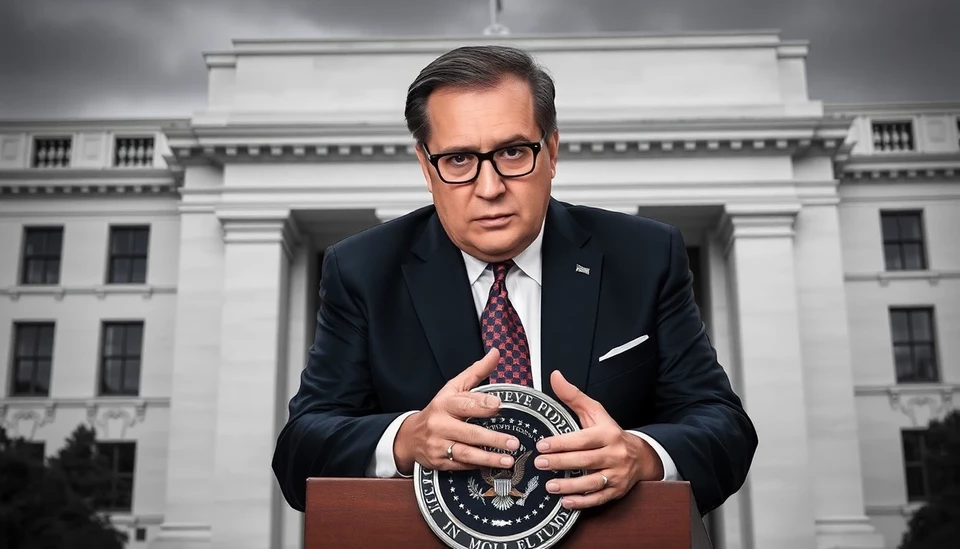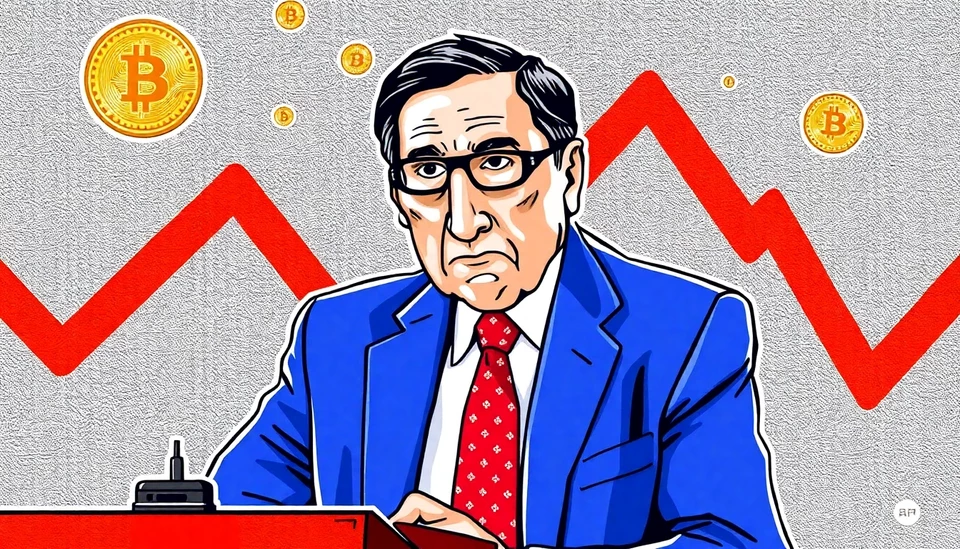
In a recent and highly publicized appearance, renowned economist Nouriel Roubini, famously known for predicting the 2008 financial crisis, has stirred the pot once again. Roubini voiced his concerns that the Federal Reserve will not intervene to support the Trump administration as it grapples with mounting economic challenges. He aptly referred to the current situation as a 'game of policy chicken' where fiscal and monetary policy decisions could have dire repercussions.
Roubini's warnings come at a precarious time when the Federal Reserve has been balancing the need to manage inflation with the risks of a slowing economy. The economist pointed out that with interest rates at a historically high level, the central bank is faced with a dilemma. If the Fed chooses to continue hiking rates, it runs the risk of catalyzing a recession, while a switch to easing policies might further complicate inflationary pressures. Roubini labeled this scenario a classic case of policy-making entrapment.
He argues that in the light of recent data indicating slowing growth, the Fed is unlikely to step in to support Trump, emphasizing that the central bank must remain focused on its goals of price stability. In his opinion, this will lead to an unavoidable collision of policies wherein neither party—fiscal or monetary—will be willing to compromise. Roubini stated, “The Fed will prioritize its mission over political pressures, indicating they’ve learned lessons from past interventions.”
Roubini’s analysis is especially significant given the backdrop of upcoming elections and the shifting economic landscape. The economist underscored the importance of tackling the underlying issues, instead of relying on quick fixes that could jeopardize long-term stability. His warnings resonate with critics who believe that continued reliance on monetary policy to address fiscal issues could lead to inflation spirals and economic destabilization.
As tension rises in the markets and among policymakers, Roubini remains steadfast in his belief that sustainable solutions must transcend political timelines and agendas. The Fed’s independence, he argues, is crucial to avert a crisis that could affect everyday Americans. By avoiding immediate political responses, Roubini insists that the Fed could ultimately help the economy by fostering stability rather than throwing money into a problematic situation.
The ramifications of this analysis are profound, not only for those viewing the upcoming elections, but for economic strategists and investors who rely on signals from the Federal Reserve. As the economic landscape continues to evolve, Roubini's insights will likely be critical in shaping discussions around fiscal policy and electoral outcomes moving forward.
As both the Fed and Trump navigate this turbulent economic environment, one thing is clear—the stakes are high, and the decisions made in the coming months could determine the trajectory of the U.S. economy for years to come.
#Roubini #FederalReserve #Trump #EconomicPolicy #Inflation #Recession #PolicyChicken #Economy
Author: Daniel Foster

